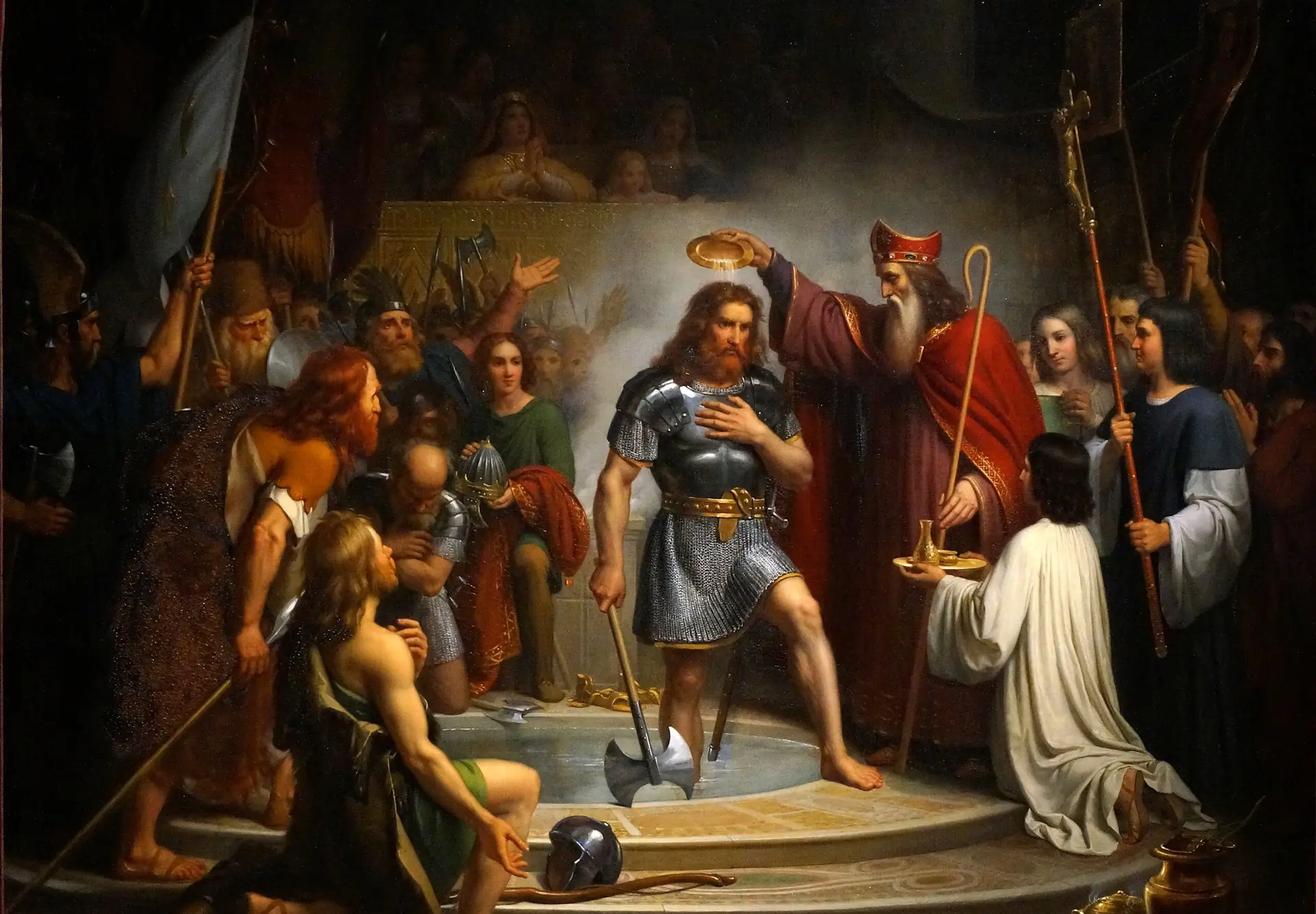
Multa Sunt
Paul Reynolds
5.16.2024
There are many things that stand out when reading of the encyclical Rerum Novarum of Leo XIII of happy memory. For me, two points that come into greater focus are the venerable Pontiff’s stridency in exercising His teaching authority and His diagnosis that any “solution: will be useless without a restoration of Christian morals and life—Chistian culture—will prove useless.”
In the third paragraph of His encyclical, Leo XIII states, “[the] consciousness of Our Apostolic office admonishes Us to treat the entire question [i.e. the condition of the working class] thoroughly” and again in the twenty-fifth paragraph that “it is the Church… that strives not only to instruct the mind but to regulate by Her precepts the life and morals of individuals.”
In these quotes given above, the venerable Pontiff makes clear that these are not simply ancillary questions where the Church has no authority, nor are they questions lying totally under the State’s temporal power, nor are they private matters about which the individual is entirely free to draw his own conclusions. The question of how we shall arrange our societies is so foundational for the common good that Holy Mother Church must speak and lead Her children.
Leo XIII proceeds to make clear that this is not some passing teaching, but rather a distillation of “Christian living as found in the Gospel.” That there may be different ways in which this Christian living is carried out depending upon the time and upon the character of a people, which the venerable Pontiff does not dispute. He does not give a universal solution already concrete in its actualities, rather, He teaches “in order that the principles may stand out in clear light.” Paragraph 3. The Pope does not give a solution from the universal law because a single solution could not take into account the particular problems and characters of different peoples and places. Instead, Leo gives principles which are binding upon all, yet can be carried out in accord with the different spirits of each people.
The second point that stands out is the venerable Pontiff’s assertion that these principles which He is laying out are for naught, even if followed mechanically, without the restoration of correct belief and living in accordance Christian morals—a Christian culture. In the twenty-fifth paragraph He states that “if the Church is disregarded, human striving will be in vain” and again, more forcefully, in the eighty-third paragraph that where He instructs us that “ religion alone… can remove the evil, root and branch, let all reflect upon this: first and foremost, Christian morals must be reestablished without which even the weapons of prudence, which are considered especially effective, will be of no avail to secure wellbeing.” In these two quotes and referenced throughout the encyclical as a whole is the true and simple fact that without a restoration of the correct belief and living of Christian morals in a Christian culture there is nothing that can be done. If that seems extreme, look at what has happened since 1891. No seemingly prudential actions or merely political victories avail us in healing society’s wounds if they lack the true panacea of Christ and His Church.
The venerable Pontiff has been proven correct in His diagnosis. Despite the efforts of partisans, ideologues, political machines, and revolutions, the problems He identified remain unsolved, and seem increasingly unsolvable. As the world continues to stay farther from the Light of the Truth, there seems to be less and less even an attempt to solve our problems, but rather a preference for surrender to them as insurmountable. The basic fact remains that without first a conversion of our society to the Truths of Catholicism, we will be unable to truly embrace the principles laid down by Leo XIII because those principles are coterminous and identical to the integral Catholic faith. Yet we know, just as Leo XIII and the Church stretching back to St. Peter and the Apostles knew, the only effective solution to the woes of the world, no matter where or when we live, is a constant and unremitting turning to the Love of God made manifest in the Sacred Heart of our Blessed Lord and following in His bloodstained footsteps to that we too may be crucified with Him and thus come to the only true bliss in Heaven.
*The author relies upon the translation and formatting of Rerum Novarum found in The Popes Against Modern Errors, Anthony Mioni, ed., rather than the Vatican’s translation and formatting, upon which Centesimo Trigesimo Tertio Anno is based.